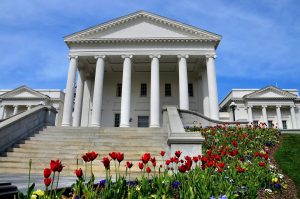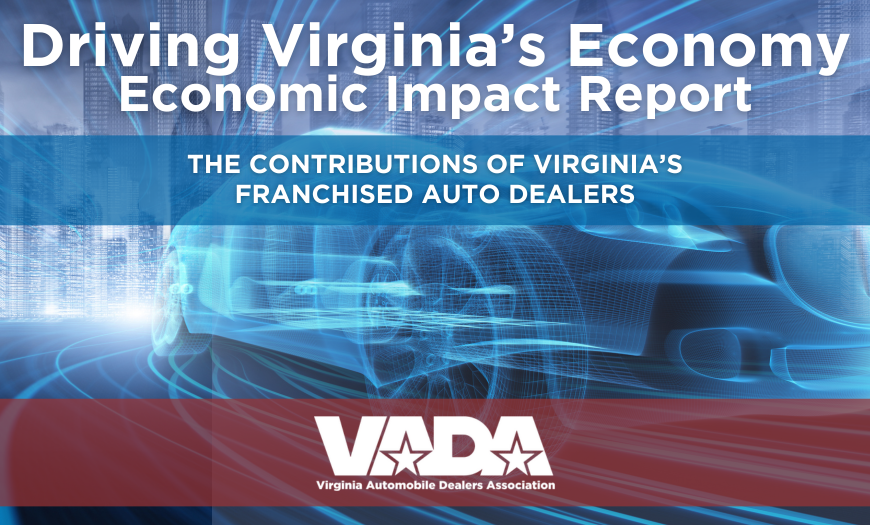 The franchise system for new car and truck dealerships developed over many years to solve a particular problem: What’s the best way to get cars into the hands of consumers from manufacturing plants that may be many states or an ocean away?
The franchise system for new car and truck dealerships developed over many years to solve a particular problem: What’s the best way to get cars into the hands of consumers from manufacturing plants that may be many states or an ocean away?
Manufacturers realized that independent, entrepreneurial franchise owners were highly motivated and successful retailers. Today, all 50 states regulate the sale of new cars and trucks, mainly through the enactment of franchise laws.
What is a Franchise?
At its simplest, a franchise is a business relationship — usually between a big national or multi-national corporation that provides a product or service model — and the local entrepreneur who agrees to market and sell those goods or services according to standards set by the franchisor. In the case of some franchise businesses, a local entrepreneur can buy-in with a relatively modest investment. But in the case of our industry — cars — the local investments are massive.
When a franchise system works — and it works very well in Virginia — everybody wins. The franchise model has helped to build the American consumer products economy.
Virginia Auto Dealer Franchise Laws
 Virginia adopted its auto dealer franchise law in the mid-1960s, and they continue to evolve today. It is thanks to the wisdom and foresight of the General Assembly that the marketplace works for Virginians.
Virginia adopted its auto dealer franchise law in the mid-1960s, and they continue to evolve today. It is thanks to the wisdom and foresight of the General Assembly that the marketplace works for Virginians.
Our Virginia franchise businesses have recourse from termination, coercion and unfair acts from giant multi-national corporations.
And thanks to the General Assembly, Virginia consumers enjoy the benefits of competition and choice. Franchise laws safeguard the independence of Virginia’s new car and truck dealers. That independence is crucial: When new car and truck dealers compete, consumers are not forced to pay prices set by distant giants that are unaware and largely indifferent to local market conditions.
THE FRANCHISE SYSTEM: Local Dealers Contribute to Our Commonwealth and Our Communities

Virginia’s 457 dealerships contribute more than 61,000 direct and indirect jobs to the Commonwealth. Payroll totals $2.5 billion.

Virginia dealerships generate $813 million in state and federal payroll taxes. Outside of payroll, employees enjoy fringe benefits of $224 million.

Dealerships annually generate more than $27 billion in revenue (car/truck sales, service, parts and products), generating $1.7 billion in state sales tax.
Virginia’s automobile dealers contribute 20% of all retail sales and taxes in the Commonwealth. A shift away from the Franchise Model would mean that Virginia’s new car dealerships, and all the jobs and taxes they create, would be severely affected.
In 2023, VADA commissioned a third-party economic impact report highlighting the importance of Virginia's retail automotive industry. The findings: Virginia’s 457 franchised auto dealers employ more than 32,400 people, pay more than $2.5 billion in payroll wages, and generate $27.47 billion in sales. Total contribution to the state tax base: $1.77 billion. Read more.
EVs and Electrification
- Such “direct” sales from EV-only manufacturers or EV divisions of traditional auto manufacturers stifle competition and keep costs high.
- Manufacturers don’t have the wide range of service facilities that dealerships possess. Like gas-powered cars, EVs break and need repairs. Service on current EVs requires customers to ship their car to a away service station or wait months for parts, which means drivers can’t keep their cars on the road.
- Dealers have invested heavily in infrastructure to sell and service EVs (a minimum $200,000 or even seven-figure capital requirement).
74% of shoppers
prefer to buy an electric vehicle at a dealership.
September 2022 survey by advisory firm Escalent
VADA CONTACTS FOR MORE INFORMATION:
Don Hall
President & CEO
O 804.545.3004
C 804.350.3926
dhall@vada.com
Anne Gambardella, Esq.
General Counsel & EVP
O 804.545.3006
C 804.658.7444
agambardella@vada.com

